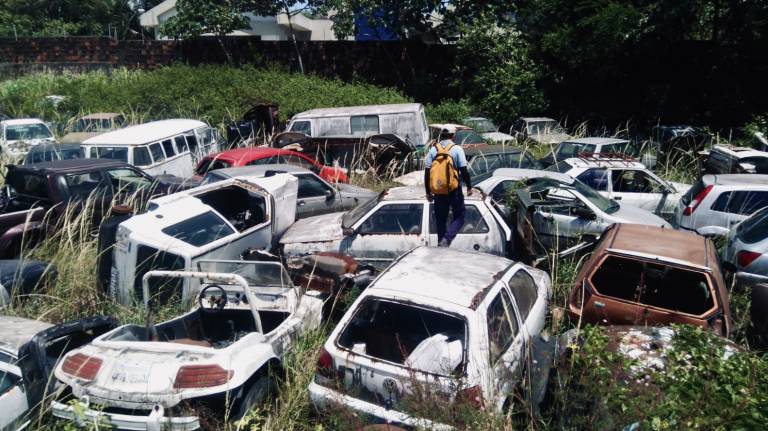Professor Sahra Gibbon (Anthropology) and Dr Jennie Gamlin (Institute of Global Health) discuss what should be happening at COP 26 and beyond

As medical anthropologists critically engaged with the ‘embodied inequalities’ of the Anthropocene – harms caused by climate change, loss of biodiversity and industrial scale production – we want COP 26 participants to understand and act on the structural and unequal impacts on health and well-being, of what is essentially the fallout of modern and capitalist social orders.
The violent coloniality of these Anthropocene effects must be acknowledged and accepted to ensure equitable responsibility and action is taken to protect the health and lives of people most threatened by these planetary concerns. This includes indigenous communities, ethnically and politically marginalised groups, those living in precarious urban or coastal locations, women, children and the elderly.
It is essential that delegates listen to and learn from the experiences and knowledges of those who are disproportionately impacted by the effects of climate change. Incorporating and valuing the knowledge and ontological insights of indigenous communities is necessary for developing appropriate interventions. Knowledge traditions and planetary understanding such as ‘sumak kawsay’ or ‘buen vivir’ in Latin America need to be recognised as providing vital alternatives to capitalist models of health and development.
There are many academic and activist communities in the Global South shedding important light on how co-existence with environments is being disrupted by climate change but also how new forms of living and co-becomings can emerge and evolve. We ask COP 26 participants to pay closer attention to and learn from activist communities and how they negotiate, transform and resist these developments. For example, such work is now shedding light on the consequences of sustainability interventions such as the unexpected negative effect of wind farms for indigenous communities in Mexico
Inequalities that emerge from dominant colonial modes of being in this world are embodied as illness and death and COP 26 has the opportunity to demand pivotal and equitable changes are made now.
 Close
Close

